Severe pollution significantly impacts the marine environment
 Sep 28, 2023|
Sep 28, 2023| View:429
View:429How much plastic waste is there in the oceans?
Approximately 8 million tons of plastic enter the oceans each year, combining with the existing 150 million tons of plastic already present in marine environments. Global plastic production is estimated to be around 335 million tons annually, with half of it being single-use plastic. Only 9% of the plastic we use is recycled. If no action is taken to address the plastic issue, we will be leaving future generations with an endless sea of marine debris instead of valuable resources. In the next 10 years, plastic production and consumption could double, potentially resulting in over 250 million tons of plastic in the oceans.
What types of plastic are there in the oceans?
The variety of plastic in the oceans is extensive and includes packaging materials, bottles, grocery bags, plastic straws, and microplastics.
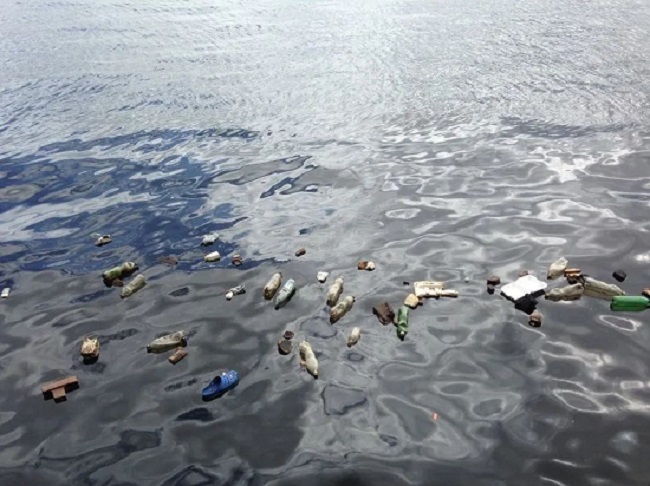
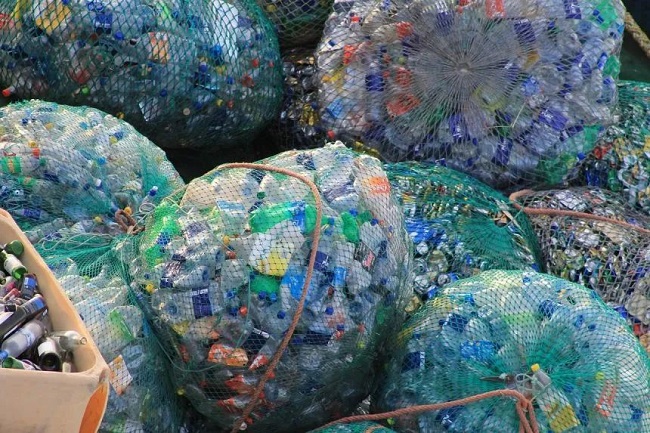
How severe is the impact of marine plastic pollution?
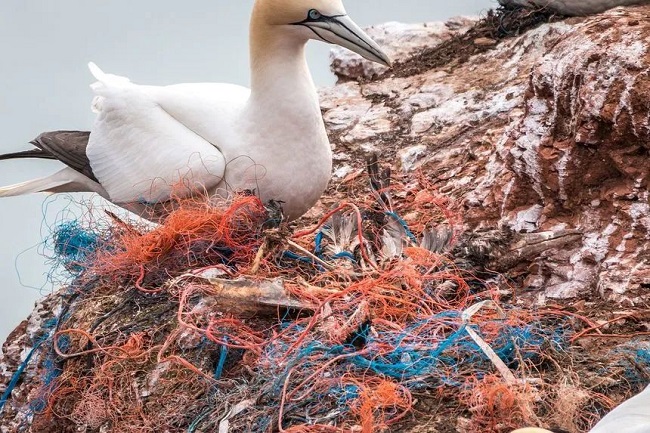
Marine plastic pollution has already affected over 800 species, with sea turtles being the most affected. Marine life can be injured by plastic debris or become entangled in it, leading to severe harm or even death. Species such as birds, fish, sea turtles, and whales may mistakenly ingest plastic, as they often confuse it with food. When marine organisms consume plastic, they can starve to death as their stomachs become filled with plastic fragments. Sea birds, known for foraging on the ocean surface, are particularly prone to consuming floating plastic debris.
Furthermore, plastic debris promotes the spread of invasive species, further damaging marine ecosystems. Plastic pollution not only poses a threat to marine wildlife but also affects the human food chain. Microplastics, including those found in water, beer, and salt, are detected in various food and beverage items.
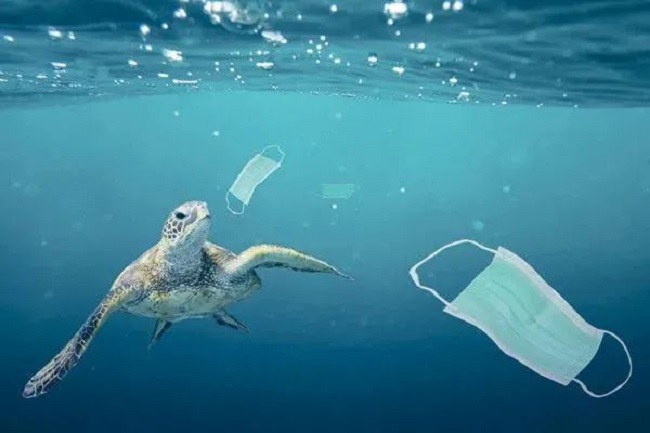
Every year, we discard one trillion plastic bags, which, if lined up, could encircle the Earth 4,200 times. Additionally, we use five hundred billion plastic bottles annually. Plastic takes a long time to degrade, with foam cups taking 50 years, aluminum cans taking 200 years, plastic bottles taking 450 years, and fishing lines taking 600 years. In coastal areas, marine pollution leads to 250 million clinical cases each year. Contaminated shellfish causes 50,000 to 100,000 deaths annually due to compromised immune systems or cancer.
Why is plastic also related to climate change?
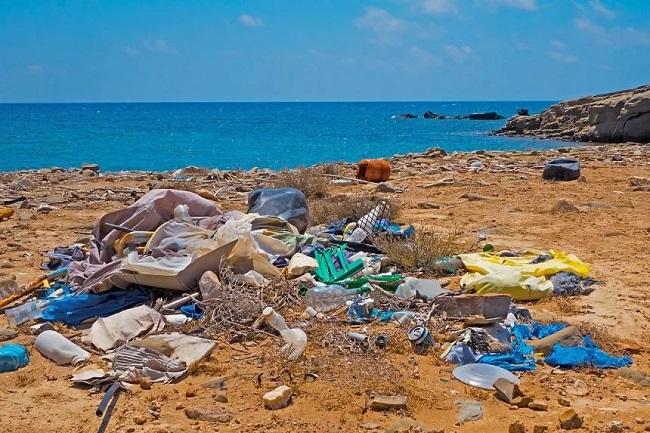
Plastic pollution is not only an ocean issue but also a climate issue. As a petroleum-based product, plastic is closely linked to the fossil fuel industry. The extraction and transportation of fossil fuels release carbon into the atmosphere, exacerbating global warming. Moreover, when plastic waste is incinerated, it releases additional carbon dioxide into the atmosphere. In 2019, 4% to 8% of global oil consumption was related to plastic, and it is projected to reach 20% by 2050.
How to solve the issue of marine plastic pollution?
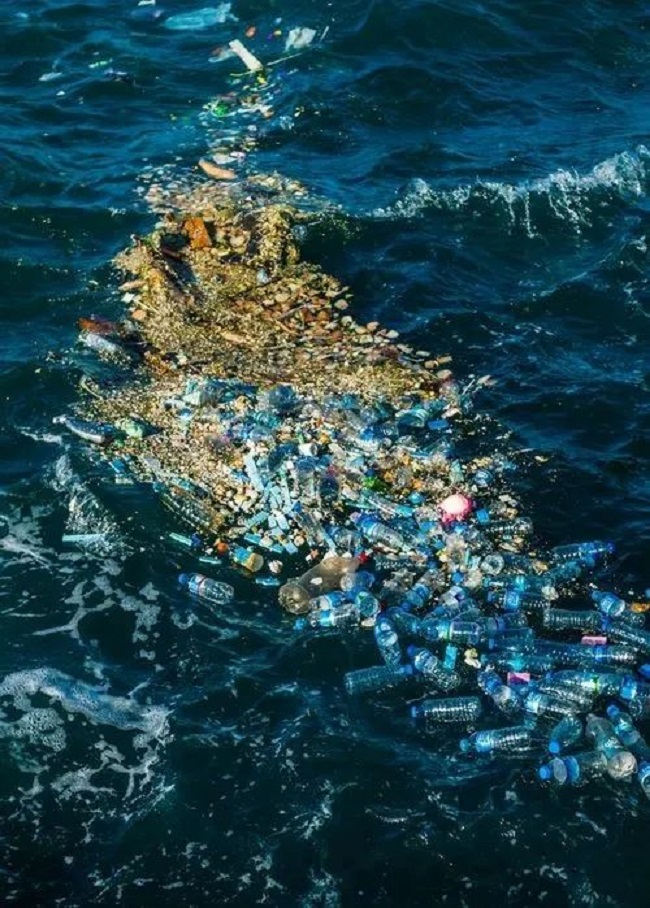
The ultimate solution to reduce plastic pollution is to minimize the use of plastic products. The major sources of plastic pollution are land-based, with an estimated 1 to 2 million tons of plastic entering the oceans through rivers each year. In our daily lives, we can contribute to reducing plastic waste by following these guidelines:
1.Reduce takeout dining: With a large population, single-use packaging, plastic bags, and disposable utensils used in takeout meals are becoming an ecological disaster.
2.Simplify your lifestyle and avoid impulse shopping, minimizing the purchase of unnecessary items.
3.Pay attention to labels: If you must buy products with plastic content, choose reusable or recyclable options.
4.Carry your own water bottle to avoid purchasing bottled water.
5.Bring your own shopping bag and avoid using plastic bags whenever possible.
The ocean covers 71% of the Earth's surface. If the oceans are not healthy, our planet cannot be healthy. Marine plastic pollution poses a significant threat to the health and well-being of all living organisms on Earth. Each individual can contribute by resisting and reducing the use of single-use plastics, making a difference in the prevention and mitigation of marine plastic pollution.







